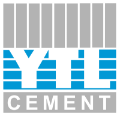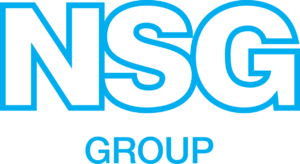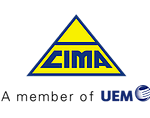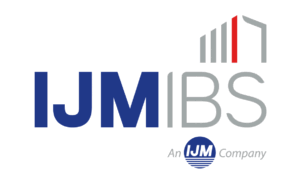This site
is mobile
responsive
Building Technology
Malaysia’s building technology industry is a dynamic and integral part of the economy, renowned for its high-quality raw materials and components that are widely used globally. The industry encompasses key sectors such as non-metallic minerals and Industrialised Building Systems (IBS), which are important in the industrial supply chains while attracting high value-added investments.
Malaysia’s Non-Metallic Mineral industry centres on the manufacturing of glass, ceramics and clay-based products, cement, concrete and other products such as silica sand, kaolin, lime products, marble, quartz, and granite.
One of the advancements in materials development is composite materials. A well-known example of a composite material using glass fiber is fiberglass.
Fiberglass is a lightweight, durable, and corrosion-resistant material made from glass fibers reinforced with resin. Widely used across industries, fiberglass plays a crucial role in construction (insulation, reinforcement), automotive (body panels), aerospace (aircraft parts), marine (boat hulls), and renewable energy (wind turbine blades). Its high strength-to-weight ratio, electrical insulation properties, and cost-effectiveness make it a preferred material for modern manufacturing and infrastructure.
MIDA is actively promoting investments in this sector due to its wide-range of applications across various advanced industries. In order to improve productivity and stay competitive, industry players are encouraged to focus on modernisation, machinery & equipment and development of skilled workers.
For more statistics, please click here.
The Industrialised Building System (IBS) in Malaysia is gaining momentum as the construction sector moves towards greater efficiency, sustainability, and cost-effectiveness. With labor shortages posing a significant challenge, the demand for prefabricated and modular construction is rising, offering faster project timelines and enhanced quality control.
As Malaysia prioritizes green buildings and sustainable construction, local IBS players are encouraged to use sustainable materials in IBS manufacturing, such as recycled aggregates and energy-efficient insulation. This not only aligns with Malaysia’s green building goals but also further enhances the overall efficiency and environmental sustainability of the construction industry.
IBS adoption is aided by government incentives to further promote technology integration and productivity improvement. Among incentives available are Automation Capital Allowance, Reinvestment Allowance and Tax Incentives for IBS manufacturing.

YTL Cement Berhad

Kim Hin Industry Berhad

SCHAEFER KALK
(Malaysia) Sdn Bhd
![]()
Nippon Electric Glass (M) Sdn Bhd

Xinyi Glass Holdings Limited

Kibing Group (M) Sdn Bhd

Gamuda Industrial Building
System Sdn Bhd

Altech Chemicals Sdn Bhd

White Horse Ceramic
Industries Sdn Bhd

Malaysia Sheet
Glass Sdn Bhd (NSG Group)

Cement Industries
of Malaysia Berhad

IJM IBS Sdn Bhd